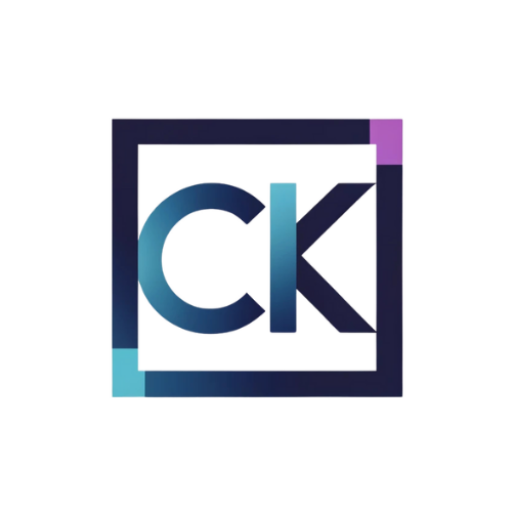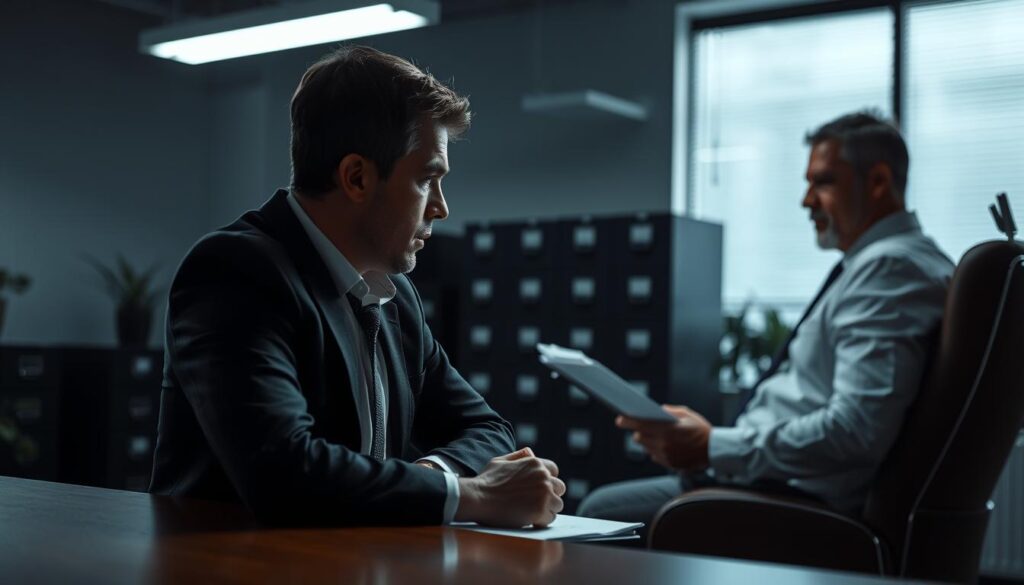Anúncios
In today’s hyper-competitive job market, mastering interview skills is of paramount significance. Candidates emerging from diverse educational backgrounds face the critical challenge of distinguishing themselves to potential employers. The ability to navigate the intricacies of an interview often plays a pivotal role in determining whether one secures a job or continues a lengthy job search. Therefore, honing effective interview strategies is not merely beneficial but essential for job seekers aiming for success and fulfillment in their careers.
Among the most discussed topics in interview preparation is the STAR method, an acronym that stands for Situation, Task, Action, and Result. This powerful technique assists candidates in structuring their responses to behavioral interview questions, which are increasingly favored by employers. By adopting the STAR framework, candidates can present concise and coherent answers that effectively demonstrate their problem-solving abilities and relevant past experiences.
When applying the STAR method, it is crucial for candidates to identify experiences that closely align with the job description they are pursuing. Reflecting on their previous roles allows them to uncover specific challenges they faced and how they tackled those challenges. This reflective process not only aids in organizing responses but also significantly boosts their confidence when discussing personal achievements during the interview, making their performance much more compelling.
Incorporating the STAR method into one’s interview preparation necessitates dedicated practice. Job seekers can enhance their performance by rehearsing their responses with friends or mentors who can provide constructive feedback. Recording these practice sessions allows candidates to review their body language and tone, which are critical components of effective communication during interviews. The clarity of delivery, paired with a confident demeanor, can dramatically influence the outcome of an interview.
Another trending approach to interviews is the growing importance of technology in the hiring process. Virtual interviews have surged in popularity, especially in the post-pandemic landscape, making it vital for job seekers to feel comfortable and proficient with digital platforms. Knowing how to effectively navigate video conferencing tools and presentation techniques on camera has become essential for modern interview success.
Anúncios
Despite the seemingly straightforward nature of virtual interviews, candidates must remain vigilant about their surroundings during the process. Ensuring a clean, professional background, leveraging good lighting, and minimizing distractions can greatly enhance the overall impression made during an interview. Furthermore, dressing appropriately, just as one would for a traditional in-person interview, contributes significantly to establishing a sense of professionalism and preparedness that prospective employers appreciate.
Moreover, thorough research into the company and its culture has transformed into a non-negotiable element of interview preparation. Candidates must delve deep into understanding the values, goals, and challenges of the organization they are interviewing with. This knowledge equips them not only to ask insightful questions but also to tailor their responses, thereby demonstrating a close alignment with the company’s mission and values, which is often a key consideration for interviewers.
Equipping oneself with thoughtful and provocative questions to pose at the end of the interview is another essential component of an effective interview strategy. Engaging potential employers with well-considered questions signals genuine interest in both the role and the broader organization. Such inquiries indicate to interviewers that candidates have thoroughly researched and envisioned a potential future with the company, which can significantly bolster their candidacy.
Now, more than ever, candidates are encouraged to articulate their skills in direct relation to the job’s demands. Employers are actively seeking candidates who not only possess the requisite qualifications but also embody the soft skills that foster effective teamwork and collaboration. Job seekers should make a concerted effort to highlight their interpersonal skills, adaptability, and resilience during their responses, as these attributes are highly valued in today’s dynamic work environment.
Networking has also become a crucial component of the job searching and interviewing process. Building relationships within one’s target industry allows candidates to not only learn about job openings but also gain valuable insights and potentially secure referrals. Actively attending industry events, participating in relevant online forums, and leveraging professional networking platforms like LinkedIn can profoundly enhance a candidate’s networking efforts, leading to new opportunities.
After an interview, sending a follow-up thank-you email has evolved into a standard best practice that candidates should not overlook. This simple yet impactful gesture reinforces a candidate’s interest in the position and expresses appreciation for the opportunity presented. A personalized thank-you note can leave a lasting impression, while also reiterating key points discussed during the interview, strengthening the overall case for employment.
In addition to traditional preparatory steps, candidates are increasingly focusing on mental well-being before their interviews. Engaging in mindfulness practices, visualization techniques, and deep breathing exercises can effectively alleviate anxiety and foster a positive mindset. Approaching interviews with a calm and relaxed demeanor can enhance clarity of thought and promote a more genuine interaction with interviewers.
Job seekers should also be prepared to tackle unexpected curveballs during interviews. Many companies incorporate behavioral or situational questions designed to challenge candidates’ quick thinking. Practicing spontaneous responses to hypothetical scenarios can significantly bolster candidates’ confidence and enhance their adaptability, both of which are critical traits in the high-pressure environment of an interview.
Furthermore, candidates should be open and honest about their career aspirations during interviews. Articulating a clear vision for one’s professional future can indicate ambition and highlight a candidate’s motivation to grow within the role. This willingness to discuss long-term goals reflects positively on candidates, demonstrating their vested interest in contributing meaningfully to the company’s vision.
When it comes to preparation materials, candidates are increasingly turning to a wealth of online resources. Websites, podcasts, and interview coaching platforms offer a vast array of information on common interview questions and effective techniques for responding. Leveraging these resources can provide valuable insights and guidance, helping candidates refine their pitches while reducing interview-related anxiety.
Additionally, candidates with creative inclinations may consider developing a portfolio that showcases their work or achievements. A well-curated portfolio not only serves as a visual support tool during discussions but also illustrates competence and leaves a tangible testament to one’s skills and contributions. This unique approach can make candidates more memorable and impactful during the decision-making process.
Moreover, a thorough understanding of the interview format is crucial for effective preparation. Candidates might encounter various formats, such as panel interviews, one-on-one sessions, or even group discussions. Familiarizing oneself with the specific structure of the interview helps alleviate surprises, fostering a sense of preparedness that can significantly enhance performance.
Lastly, practicing active listening during interviews cannot be emphasized enough. Many candidates focus exclusively on delivering their own answers while neglecting the importance of listening to the interviewer. Engaging fully with questions, comments, and feedback ensures that responses remain relevant and can also foster better rapport with the interviewer, contributing to a more positive interaction.
In summary, mastering the art of the interview involves a multifaceted approach that combines strategic preparation, effective communication, and a heightened sense of self-awareness. By leveraging trending techniques like the STAR method, embracing the relevance of technology, and focusing on company culture and soft skills, candidates can significantly improve their chances of securing a position. With the right preparation and mindset, job seekers can turn interviews into potent opportunities that effectively showcase their unique abilities and potential to prospective employers, ultimately leading to successful career advancements.



